Features
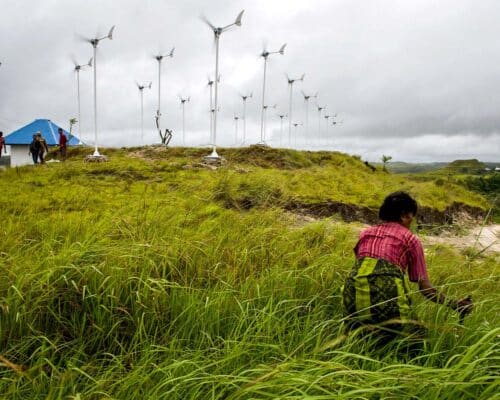
Asia’s Progress On Global Renewables and Energy Efficiency Pledge
Climate Analytics recently released a report on the progress eight key Asian countries have made towards key climate agreements from COP26 and 28. The report paints a diverse picture, with many highs and lows. However, the primary theme is a lack of consistency across the region, with countries failing to align their national policies with climate commitments.

China’s Oil Demand Dropped: Experts See Start of a Trend
The drop in the demand for oil-based fuels in China signals that their peak might be getting closer in what could prove a watershed moment not only for the global oil markets, but also for Asian countries that look toward China for inspiration on how to decarbonise their economies.
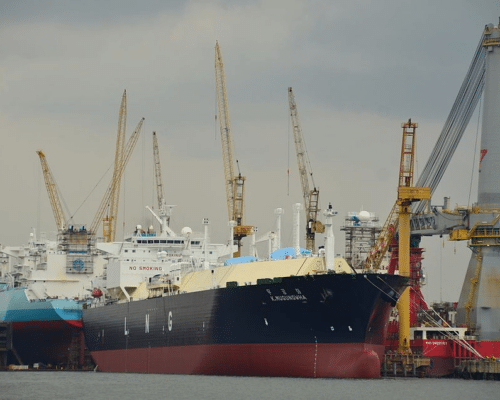
Unneeded Papua New Guinea LNG Project Would Harm Environmental and Human Rights
The Papua New Guinea LNG project is facing increasing investor withdrawal due to environmental and human rights concerns, with 13 of the top 50 investors already committing to withdraw funding. Critics warn that proceeding with this project could exacerbate climate change and violate the rights of local communities, emphasising the need for a shift towards renewable energy investments instead.
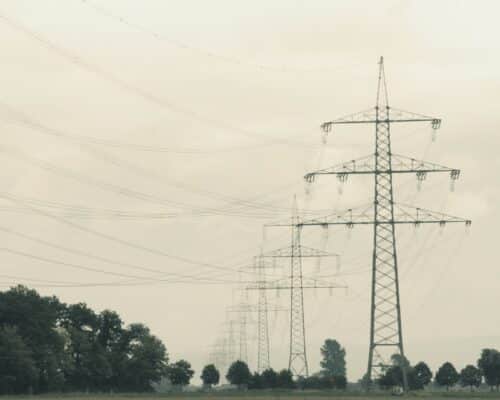
Cost-cutting Solution for Companies in the Philippines
Experts note that addressing the economic and social repercussions of the high electricity costs in the Philippines requires policy reforms that prioritise investments in renewable energy and reduce the reliance on fossil fuel imports.
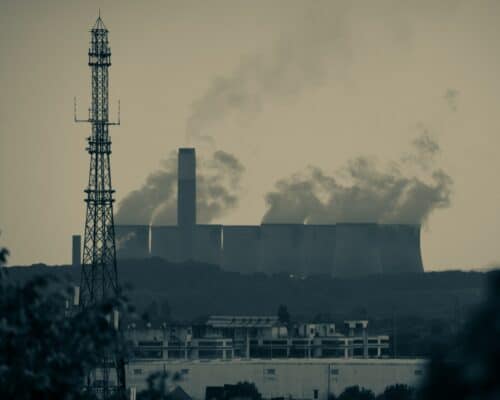
Boom & Bust 2025 Report: New Coal Power the Lowest in 20 Years
While the momentum against coal has never been stronger, the world remains off track with the Paris Agreement goals mainly due to ongoing efforts of high-emitting Asian economies like China, India, Japan, South Korea and Indonesia to extend the life of the most polluting fuel.
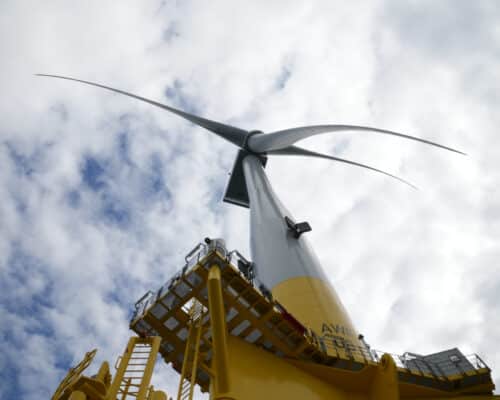
Japan’s Industrial Policy for Floating Offshore Wind
Japan is poised to harness its vast offshore wind potential by aiming for 140 GW of capacity by 2050, focusing on floating offshore turbines. Despite ambitious government reforms and private sector initiatives, challenges such as rising costs, slow permitting processes and inadequate infrastructure could hinder progress. Successfully navigating these hurdles is crucial for Japan to enhance its energy security and competitiveness in the global renewable energy landscape.
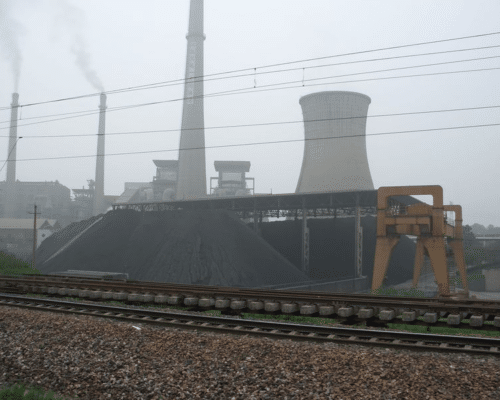
China’s Coal Plants Are Risking its Energy Transition
China's renewed commitment to coal, marked by the construction of 94.5 gigawatts of new coal power capacity in 2024, poses a significant threat to its climate goals. Despite ambitious renewable energy expansion, the reliance on coal and the rise in coal gasification could undermine efforts to reduce greenhouse gas emissions and hinder the country's transition to cleaner energy sources.

Climate Tops Voters’ Priorities As Asia Pacific Braces for 2025 Elections
The elections that are about to take place all over APAC in the upcoming months provide candidates with an opportunity to acknowledge ambitious climate and emissions reduction action not only to appease climate voters but also to guarantee economic growth, energy security and better handling of the cost-of-living crisis.
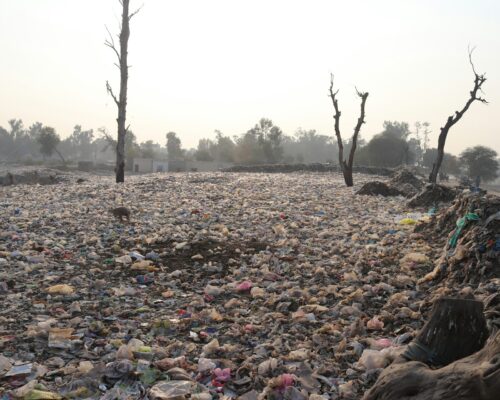
The Global Plastics Treaty and Its Importance to End Plastic Pollution
While a few petrostates blocked the progress on the Global Plastics Treaty in 2024, countries will have another chance to advance the initiative in August 2025. Failure to overcome the fossil fuel lobby’s interests for a second time would be devastating for global efforts to tackle one of the most pressing environmental challenges of our time.
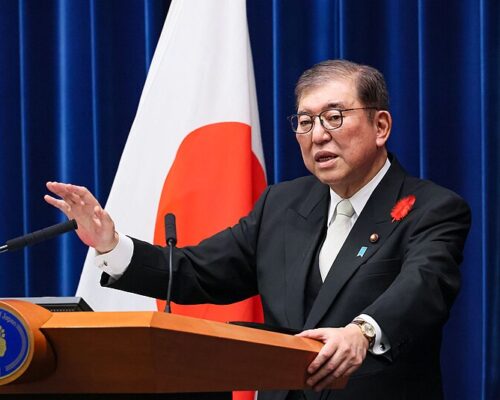
Japan’s Seventh Strategic Energy Plan Is Both Unambitious and a Fantasy
Japan's seventh Strategic Energy Plan, finalised on Feb. 18, 2025, targets 40-50% renewable energy and 20% nuclear power by 2040 but faces criticism for being overly optimistic. Experts warn that without major policy reforms, Japan may continue relying on fossil fuels, highlighting the need for greater transparency and diverse input in energy planning.

IPCC’s 62nd Session in China Fails to Agree on Deadline For Next Climate Reports, Scientists Concerned
Despite the prolonged discussions, delegates couldn’t agree on the timeline for the AR7 reports’ delivery for the third time in a row. The efforts of a group of countries to slow progress at the IPCC-62 down succeeded, creating uncertainty whether the reports would be produced in time to inform the second Global Stocktake.
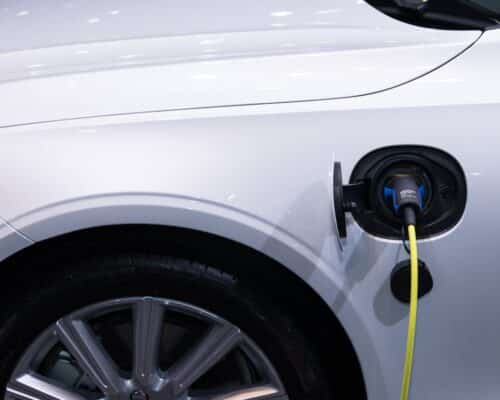
China GDP Breakdown: Clean Technology Sectors Driving Economic Growth
China’s GDP growth is increasingly driven by the clean energy sector, reflecting the country’s shift...
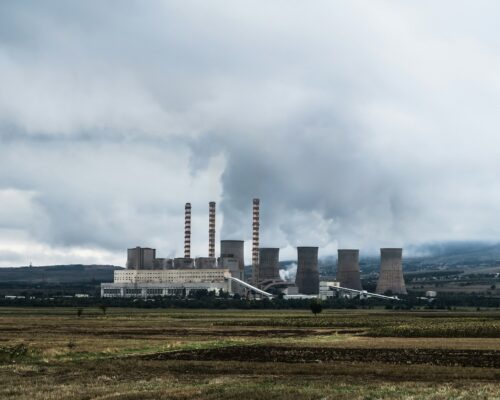
Captive Coal Threatens Indonesia’s Peak Emissions by 2030
Ember's latest research reveals that Indonesia’s captive coal expansion plans risk distancing the country from its ambitious decarbonisation goals. The analysts warn they could also lead to increased electricity costs and adverse health impacts.
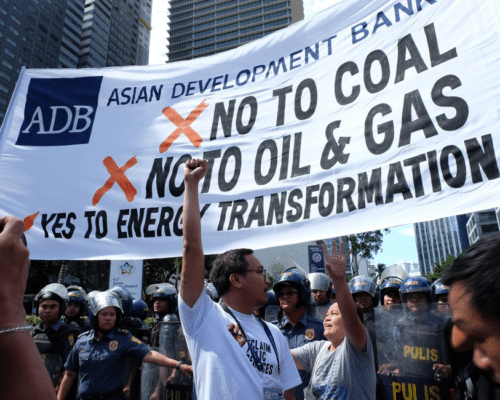
MDBs’ Love for Fossil Fuel Leaves Asian Nations Floundering
Multilateral Development Banks (MDBs) face criticism for financing fossil fuel projects that undermine climate goals. In Bangladesh, the Asian Infrastructure Investment Bank (AIIB) invested $600 million in energy without supporting renewables, enabling coal and gas expansions that displaced communities. Similarly, the Asian Development Bank (ADB) focused on fossil fuels, worsening energy poverty despite claims of improving electricity access. This profit-driven approach exacerbates environmental degradation and social inequality in vulnerable nations.
Most Popular
Categories
-
9
-
33
-
126
-
4
-
17
-
43
-
52
-
11
-
10
-
15
-
24
-
6
-
6
-
247
-
195
-
13
-
23
-
1
-
1
-
23
-
38
-
41
-
84
-
18
-
81
-
41
-
17
-
10
-
40
-
43
-
86
-
284
-
21
-
39
-
35
-
10
-
41
-
36

